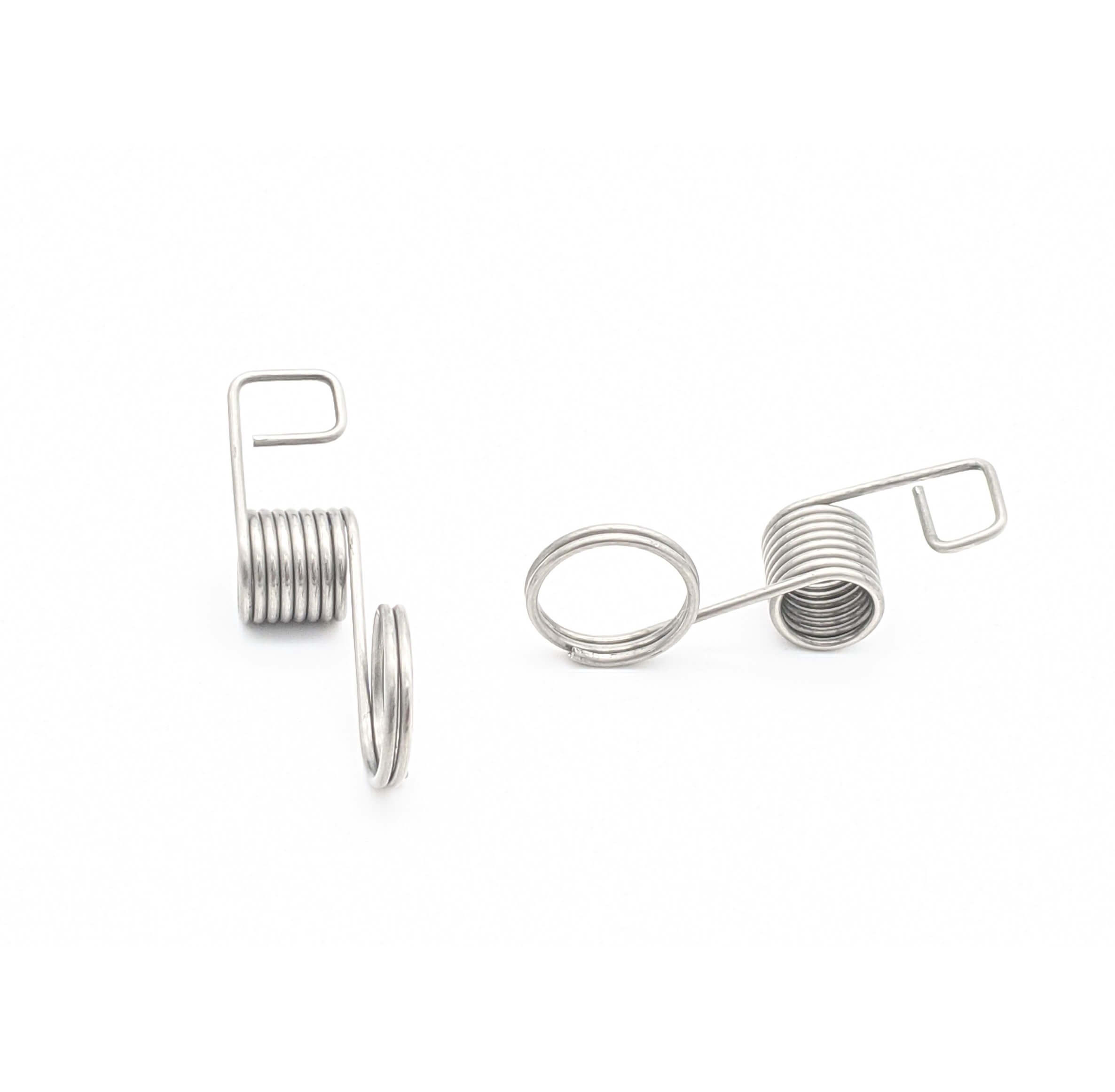Get unique, complex parts easily. No matter your requirements, Chaoyi Spring creates hard-to-produce coil springs and wire forms.
Let us help you create the custom wire form you need, from S-hooks and J-hooks to utility hooks and more.
We work closely with customers across a wide range of industries, helping them design and manufacture made-to-order parts.
Why choose Chaoyi Spring? We prioritize customer-focused collaboration, modern equipment and the latest technology to make your parts per print.
Find the information and guidance you need, from measuring a spring to learning about materials, placing an order and much more.
The world around us is a tapestry woven with forces. From the gentle pull of gravity to the powerful tension in a stretched spring, these forces govern our movements, shape


The world around us is a tapestry woven with forces. From the gentle pull of gravity to the powerful tension in a stretched spring, these forces govern our movements, shape our structures, and influence countless phenomena. Today, we delve into the fascinating interplay between tension, laddle, and springs, exploring how these seemingly disparate concepts come together to create a captivating understanding of mechanics and design.

Tension is a fundamental concept in physics, representing the pulling force that acts on an object when it is stretched or elongated. Imagine a rubber band. When you pull on its ends, you are applying tension. This force is what keeps the band taut and resists further stretching. The greater the tension, the stronger the force resisting deformation.
Tension plays a crucial role in various applications, from the construction of bridges and buildings to the operation of musical instruments. In bridges, steel cables are subjected to immense tension, ensuring the structure's stability. In guitars, the tension in the strings creates the vibrations that produce sound.
A laddle, often associated with cooking, is a tool used to transfer liquids or semi-solids. While seemingly mundane, the laddle embodies a fascinating interplay of forces. Its curved shape and handle design are optimized for efficient fluid transfer, minimizing spillage and maximizing control. The act of scooping with a laddle involves applying tension to the liquid, causing it to resist deformation and maintain its shape within the ladle's bowl.
Moreover, the laddle's interaction with the liquid can be influenced by factors such as temperature and viscosity. A hot, viscous liquid will require more tension to scoop effectively, while a cold, thin liquid will flow readily.
Springs, in their various forms, are the embodiment of elasticity. When a spring is compressed or stretched, it stores potential energy, ready to release it when the force is removed. This ability to absorb and release energy makes springs essential in countless applications. From shock absorbers in cars to the delicate mechanisms in watches, springs provide stability, responsiveness, and controlled movement.
The tension in a spring is directly proportional to its displacement. The more you stretch or compress a spring, the greater the force it exerts in response. This relationship, known as Hooke's Law, is a fundamental principle in spring mechanics and governs their behavior in diverse systems.
While seemingly disparate, tension, laddle, and springs are intricately connected. The act of scooping with a laddle, as mentioned earlier, involves applying tension to the liquid, causing it to resist deformation. This resistance is analogous to the force exerted by a spring when stretched or compressed. The interplay of these forces is essential for the efficient transfer of liquids.
Furthermore, the concept of tension is fundamental to understanding the behavior of springs. The tension in a spring, as described by Hooke's Law, determines its resistance to deformation. This resistance is what allows springs to absorb and release energy, making them invaluable in countless applications.
The interplay between tension, laddle, and springs extends beyond the realm of theoretical physics. These concepts have profound implications in engineering, design, and everyday life. In mechanical engineering, understanding the interplay of forces is essential for designing structures that can withstand stress and strain.
In the design of consumer products, the principles of tension and elasticity are applied to create comfortable and durable objects. From the springy bounce of a tennis ball to the supple texture of a cushioned chair, the application of these forces enhances our experience with the world around us.
The world is a symphony of forces, each interacting and influencing the other. Tension, laddle, and springs, though seemingly disparate, are interwoven in a complex tapestry of mechanics and design. Understanding this interplay allows us to appreciate the intricate workings of the world around us and to develop innovative solutions for the challenges we face.
As we continue to explore the universe of forces, we will uncover even deeper connections and insights, further enriching our understanding of the fundamental principles that govern our existence.
In conclusion, tension, laddle, and springs, while distinct in their forms and functions, are united by a shared thread of force and interaction. Through their interplay, we gain a deeper appreciation for the mechanics of our world, discovering the hidden forces that shape our reality and influence our daily lives. This exploration serves as a reminder that the world is a vibrant tapestry of forces, waiting to be unraveled and understood.
Browse some of the custom wire forms and springs that we manufacture. Don’t see what you need? We specialize in made-to-order products that meet your application requirements.
Visit Our GalleryNeed a custom wire form or coil spring? We make it work. Fill out the contact form and a representative will respond within 1 business day. If you have a PDF or CAD file, you can submit to request a quote.